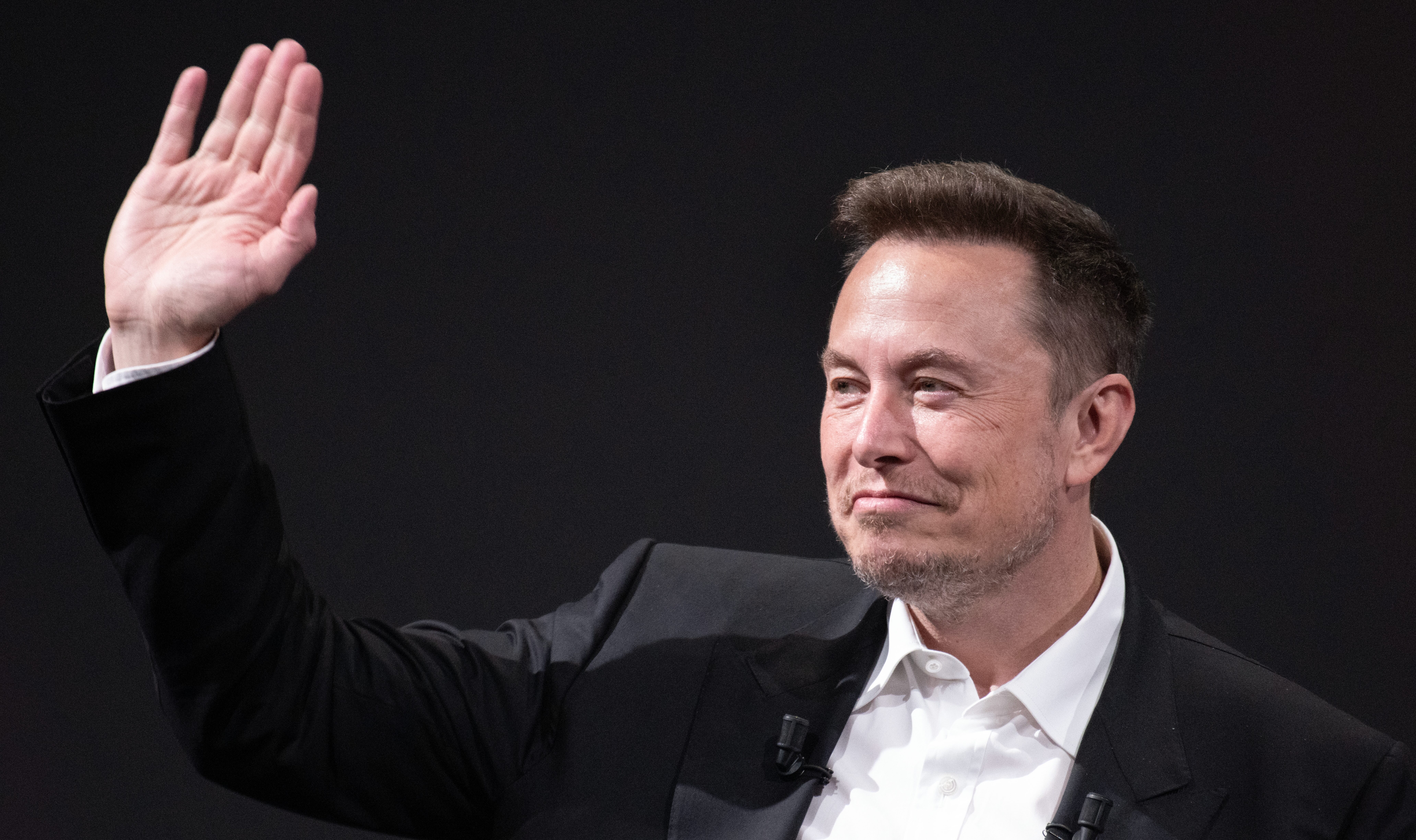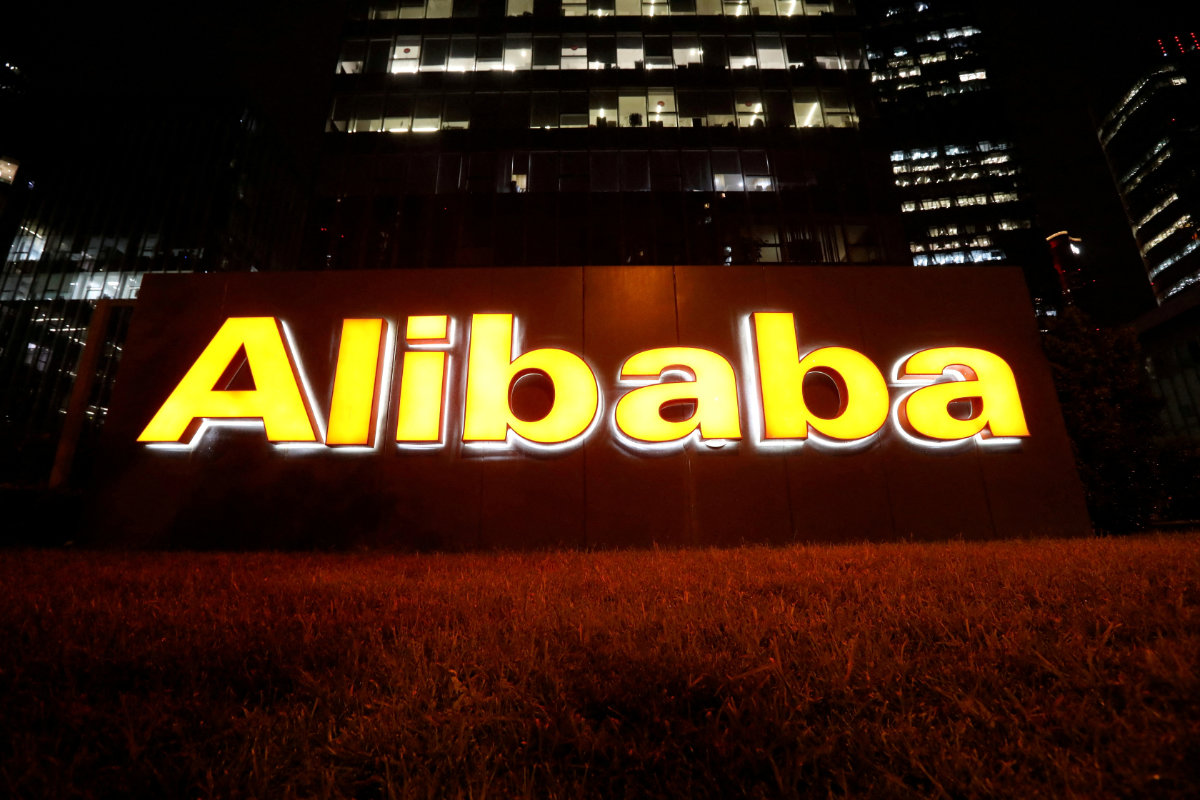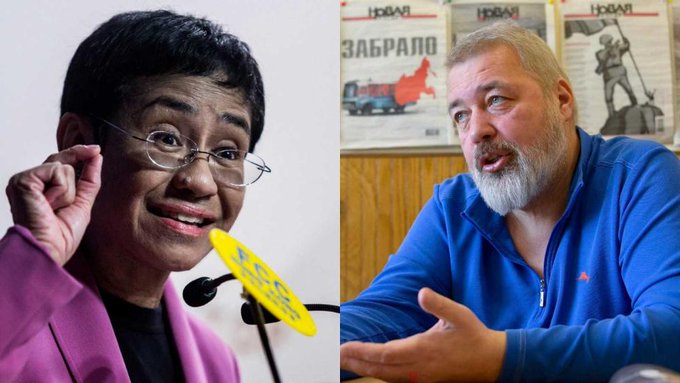Politics
Uncertainty about standards itself serves a censoring function.

Just over a year into Elon Musk’s hostile takeover of Twitter (now X), the social media platform’s approach to regulating speech is no less arbitrary than it was when Musk assumed control in October 2022. There have, however, been real victories for free speech and for the political right more broadly. While Musk’s most loyal fans tend to ignore or downplay his failures, his critics often understate his successes.
Before assessing where he’s fallen short, it’s worth taking a moment to consider what Musk has achieved: The very fact that the head of one of the most powerful platforms in the world is vocally right-wing, and routinely promotes conservative users and ideas, is unprecedented. That was evident in watershed moments like the release of the “Twitter files,” which Musk orchestrated in coordination with independent and right-leaning journalists, illuminating the corrupt alliance between Big Tech, powerful NGOs and advocacy groups, the “disinformation” industrial complex, and the federal bureaucracy. No one with any relationship to reality believes that these revelations would have ever seen the light of day under Twitter’s ancien regime.
Musk’s use of his digital bully pulpit to boost conservative causes is no small thing. Nor are substantive reforms such as the Community Notes function, which allows users to correct or add context to others’ tweets. In a tangible way, Community Notes has disempowered the “Trust and Safety” mafia that ran things in the pre-Musk era, leveling the ideological scales by applying an egalitarian scrutiny to left and right alike. (And inviting complaints of right-wing bias from some progressives.) X has also become a powerful ally in legal battles surrounding speech. In August, the company filed a lawsuit against the Center for Countering Digital Hate (CCDH), an anti-“disinformation” group seeking to pressure X into more stringent censorship; in September, it sued California in response to the state’s unprecedented internet censorship law.
Still, Musk’s sporadic victories have been punctuated by a number of major disappointments. While he played a pivotal role in the anti-censorship campaign against the Anti-Defamation League (ADL) earlier this year, many of his ambitious promises—including his pledge to sue the ADL and release a “giant data dump” exposing the group’s efforts to lobby for censorship—never materialized. Similarly, while X sued the CCDH in response to a report in which the group accused X of tolerating “hate speech,” the platform subsequently suspended a large number of the accounts that were flagged in said report.
Despite Musk’s laudable pledge to govern X as a “free speech absolutist,” a March 2023 study found that censorship on the platform actually increased in the first four months of his takeover. While Musk himself has criticized gender ideology, censorship of “anti-trans” ideas and speech on X—including temporary bans of high-profile conservative journalists and at least one sitting member of Congress—have persisted under his leadership. While Musk promised (and briefly delivered on) a general amnesty for accounts suspended under previous Twitter leadership, he has presided over a succession of ban waves, often with no public rationale. Earlier this month, two British right-wing activists, Katie Hopkins and Tommy Robinson, were abruptly reinstated on X without explanation, while their counterparts in the Twitter gulag remained banned. It’s difficult to escape the sense that X’s decisions on these matters are being driven by internal political maneuvering rather than any objective standard.
It’s unclear if all this is due to active capitulations on Musk’s behalf, or if it’s a reflection of his failure to consolidate control over rogue elements in X’s content moderation team. But either way, the result is a sort of schizophrenia in the day-to-day X experience. Musk’s stated goal is for X to supplant websites like Rumble as the premier free-speech platform on the internet—and ultimately, to make X the new “digital town square.” But the frustrating inconsistency of X’s content moderation makes it difficult for would-be allies to aid in advancing his cause.
Uncertain freedom is preferable to certain censorship. But uncertainty also performs a censoring function of its own: On X, the sense that users are judged and punished for arbitrary, unpredictable, and unexplained reasons has a Kafkaesque dimension—“the proceedings gradually merge into the judgment.” The incoherent enforcement of ambiguous rules hangs over the head of every user, limiting and constraining their willingness to speak freely, even if they themselves are never the subject of direct censorship.
“Laws,” as Hayek argued, “must be general, equal, and certain.” The genius of the First Amendment lies, in part, in its realization of that standard for public discourse. Musk claims to want an approach to content moderation that allows for “maximum freedom of speech under the law.” But the law, at least in America, allows for a far greater sphere of speech than what is currently tolerated on X. The only way to overcome the biases in X’s speech regime—and to achieve the ideal of a free-speech platform—would be to actually bring X’s speech policies into alignment with the spirit of the Constitution itself.
To be explicit: What this means, among other things, is a reinstatement of the most controversial and censored voices in American politics—Alex Jones, Nick Fuentes, Jared Taylor, and so on. If there were high-profile left-wingers who had yet to be reinstated, it would mean lifting their bans, too. (A number of left-wing accounts were briefly suspended in the early days of the Musk regime, but were quickly reinstated). Many self-styled free speech advocates will speak about internet censorship in broad terms, while going to great lengths to avoid saying the names of the most frequent subjects of that censorship, for fear of being accused of harboring ideological sympathy for the far-right. But that fear represents its own kind of capitulation; by implicitly accepting ideological limits to the free speech we’ll defend, we accept the very framework that enables and justifies censorship in the first place. It’s impossible to fight censorship if you refuse to specify the instances in which it occurs. Free speech belongs to all of us.
One can, of course, vehemently disagree with all of the remaining inmates of Twitter jail, but the battle for free speech in a rapidly changing digital world is bigger than any one person or ideology. Figures like Jones, Fuentes, and Taylor—as well as Milo Yiannopoulos and a number of others—just so happen to be the ones who are currently bearing the brunt of ideological censorship. If they have violated the “imminent lawless action” standard for illegal speech set by the Supreme Court in Brandenburg v. Ohio, supporters of their censorship should make that case, preferably in a court of law. Until then, the onus is on opponents of reinstatement to explain why they oppose the animating spirit of the First Amendment.
For too long, advocates of internet censorship have been able to shroud the radicalism of their project in euphemisms and double-speak, claiming to support free speech and the Constitution while actively working to undermine both. The truth is, if constitutionally sanctioned speech is too dangerous for social media, it’s too dangerous for every other sphere of American life, too. Those who argue the former while tip-toeing around the latter should end the charade and call for repealing the First Amendment altogether. The rest of us should be fighting to ensure that its principles survive the revolutionary changes wrought by the internet.
Subscribe Today
Get daily emails in your inbox
In an important sense, X’s recent unbanning of Tommy Robinson and Katie Hopkins is a step in the right direction. But it also contributes to the deterioration of any kind of objective, coherent standard for speech on X. The old Twitter regime had a standard, albeit an absurdly biased, hypocritical, and unfair one; its policing of “misinformation” was grotesquely and obviously partisan, but it was in keeping with a reasonably predictable party line. We resented their ideological hostility, but we knew where they stood.
One year into the Musk era, Elon has the opportunity to lead a revolution in digital politics—not just by dismantling the old standard, but by instituting a new and better one. The world is bracing for a new war in the Middle East and a presidential election that promises to be unprecedented. Long-standing myths, dogmas, and narratives are being challenged, and new ones are vying to take their place. American civilization is beset by interlocking existential crises, from the ongoing invasion at our border to the weaponization of our governing institutions. Everything is changing, often in ways that few of us fully understand or desire. An old world is dying, and a new one struggles to be born.
Americans can muddle through all this, together, as we always have. But to do so, we must be able to speak freely. Our tradition of fierce political debate, stretching back to the first colonial taverns and newspapers, cannot survive if we accept the premise that certain political opinions are simply too odious to merit access to the new public square. In spite of the powerful opposition he faces, Musk must make good on his promise to transform X into a true free-speech platform. The stakes are nothing less than the fate of self-government in the digital age.
Note: This article have been indexed to our site. We do not claim legitimacy, ownership or copyright of any of the content above. To see the article at original source Click Here












